What are the side effects of the birth control implant?
The implant may cause side effects for some people, but they usually go away after a few months. And some birth control implant side effects are positive.
What birth control implant side effects should I expect?
The hormones in the birth control implant may cause side effects in some people, but this doesn’t happen to everyone — many people use the implant with no problems at all. Negative side effects usually go away after a few months, once your body gets used to your implant. So if you just got the implant and you have side effects that bother you, try to stick it out and give your body a chance to adjust to the hormones.
The most common birth control implant side effect is spotting (light bleeding or brown discharge), especially in the first 6-12 months. Sometimes the implant causes long-term spotting, or periods can get longer and heavier. But for most people, the implant makes their periods way lighter. And some people even stop getting a period at all while they’re on the implant (don’t worry, this is totally safe).
Other possible side effects that aren’t as common include:
-
Headaches
-
Breast pain
-
Nausea
-
Weight gain
-
Ovarian cysts
-
Pain or bruising on your arm where the implant was inserted
-
An infection where the implant was inserted
If you don’t like the way the implant makes you feel after you've had it for a few months, talk with a nurse or doctor, like the ones at your local Planned Parenthood health center. They may suggest a different birth control method. Many people try a few different types of birth control before finding the right one for them. And remember: if you get the implant taken out and don’t use another birth control method, you’ll be at risk for pregnancy right away.
The hormones in the implant and other types of birth control have been around for decades, and millions of people have used them safely. Nexplanon side effects aren’t dangerous (though there are some possible risks with using the implant, like with any medicine). You can always call a nurse or doctor, like the ones at your local Planned Parenthood health center, if you have any concerns. And you can keep track of any potential side effects with our birth control app.
Are there any positive Nexplanon side effects?
Side effects aren’t always a bad thing — many people use the implant because some of the side effects can be really helpful. The hormones in the implant can help with painful or heavy periods. The implant may ease cramps and PMS, and it will usually make your period lighter. 1 in 3 people even stop getting their period altogether after a year on the implant.
It’s totally safe to not get a period while you’re on the implant. And you don’t need to worry about being pregnant even if you don’t get a period, because the implant is really good birth control — it’s more than 99% effective at preventing pregnancy. (You can always take a pregnancy test if you want to be sure.)
What are the Nexplanon side effects after removal?
Any time there’s a change in your hormones — like when you go on or off hormonal birth control such as the implant — there’s a chance of temporary side effects. But they usually go away after a few months.
When you go off the implant, your body will eventually return to the way it was before you went on it. So if you stopped getting your period on the implant, your period will eventually come back after the implant is out. It can also take a few months for your period to go back to the cycle you had before you got the implant (but you can still get pregnant during this time).
Everyone’s body is different, and our bodies also change over time. So there’s no way to know exactly how your body will react to going off the implant. But any negative side effects that you may have will go away within a few months as your body gets used to being off the hormones.
Another important thing to note: you can get pregnant right away once the implant is out of your body (even if your periods aren’t regular). So if you stop using the implant but you don’t want to get pregnant, make sure to use another birth control method.
If you’re really worried about the side effects of going off the implant, talk with your nurse or doctor. They may be able to give you more specific information about what to expect based on your personal medical history.

 Abstinence
Abstinence
 Breastfeeding
Breastfeeding
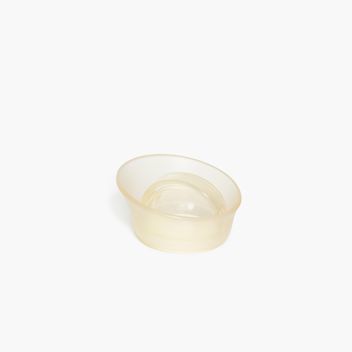 Cervical Cap
Cervical Cap
 Condom
Condom
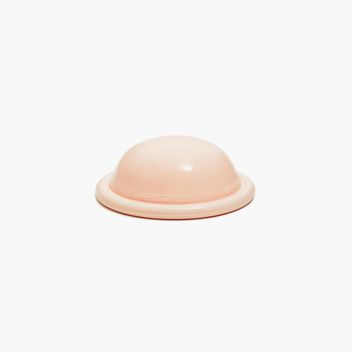 Diaphragm
Diaphragm
 FAM
FAM
 Implant
Implant
 Internal Condom
Internal Condom
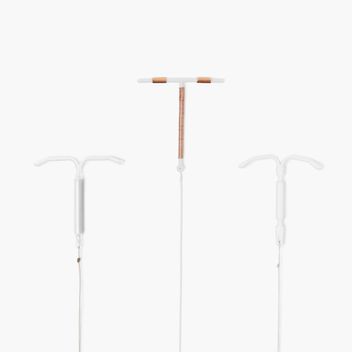 IUD
IUD
 The Patch
The Patch
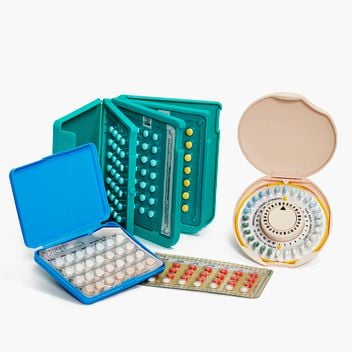 The Pill
The Pill
 The Ring
The Ring
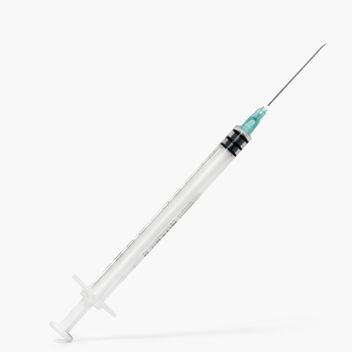 The Shot
The Shot
 Spermicide
Spermicide
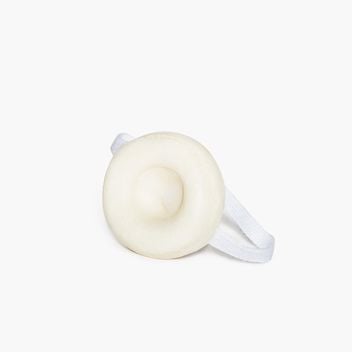 Sponge
Sponge
 Sterilization
Sterilization
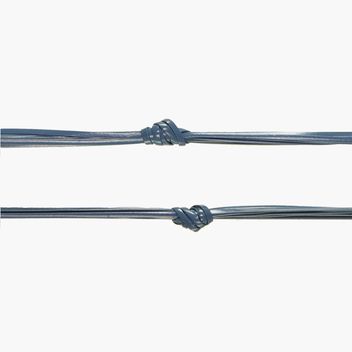 Vasectomy
Vasectomy
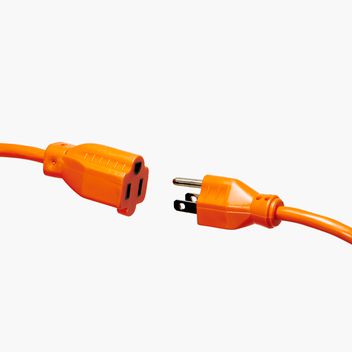 Withdrawal
Withdrawal